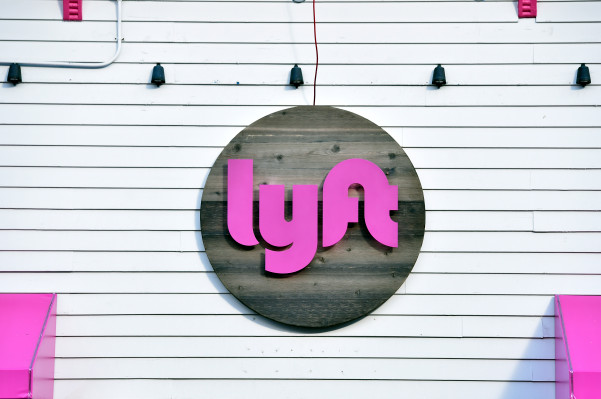The day has finally come. U.S. ridehailing giant Lyft has unveiled its S-1, the official document required by the Securities and Exchange Commission to go public.
The San Francisco-headquartered business will debut on the Nasdaq stock exchange under the ticker symbol “LYFT.” JPMorgan Chase & Co., Credit Suisse Group AG and Jefferies Financial Group Inc. will lead the initial public offering expected to value Lyft at upwards of $20 billion, a significant leap from its most recent private valuation of $15.1 billion.
The company hasn’t determined how many shares it will sell or a price range. The filing currently lists an offering size of $100 million, though that is typically a placeholder amount.
According to the filing, Lyft recorded $2.2 billion in revenue in 2018, more than double the $1 billion recorded in 2017. Meanwhile losses have been growing considerably. The company posted a net loss of $911 million on the $2.2 billion in revenue and a $688 million loss on 2017’s $1 billion.
Lyft currently holds 34 percent of the U.S. ridesharing market, a figure the company has been working tirelessly to increase as it gears up for its IPO. Uber holds the remaining 66 percent.
Lyft’s key stakeholders include Rakuten, a Japenese ecommerce giant, which boasts a 13 percent pre-IPO stake, General Motors (7.76 percent), Fidelity (7.1 percent), Andreessen Horowitz (6.25 percent) and Alphabet (5.3 percent).
Founded in 2007, Lyft has raised $5.1 billion in venture capital funding to date. The business raised an additional $600 million in Series I funding led by Fidelity in June, its last round of private investment. Other investors in Lyft include AllianceBernstein, Baillie Gifford, KKR, Janus CapitalG and Ontario Teachers’ Pension Plan.
Lyft riders took 30.1 million rides in 2018, per the filing. The company has recorded a total of 1 billion rides and operates in 300 markets.










